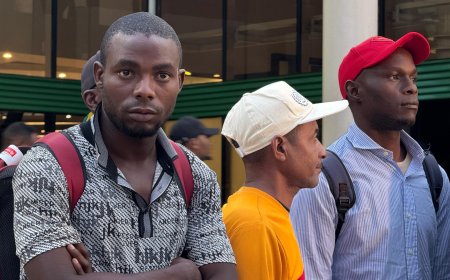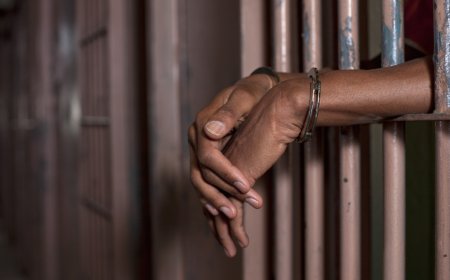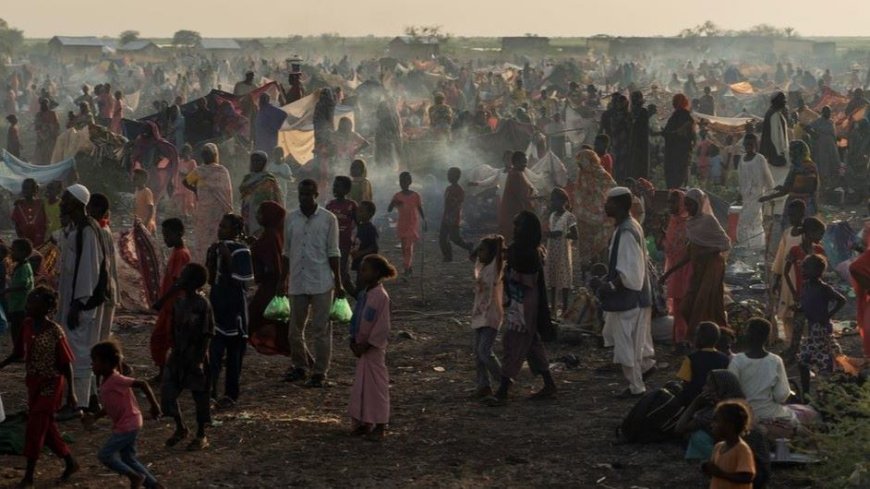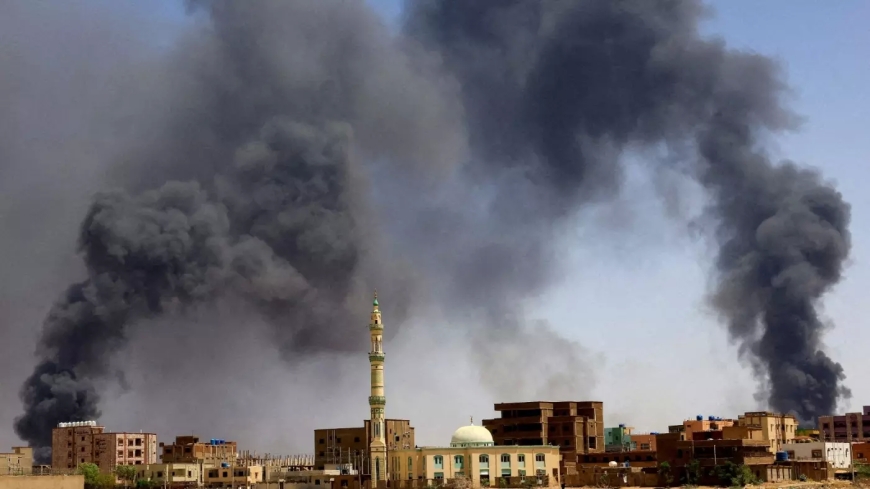Sudan's Ongoing Conflict
Since April 2023, Sudan has been plunged into a severe conflict that has disrupted its journey toward democracy. The country had been making tentative progress following the 2019 mass protests that led to the removal of long-standing dictator Omar al-Bashir. However, this momentum came to a sudden stop when the Rapid Support Forces (RSF), a paramilitary organization, attacked a military airstrip on April 15, 2023.
In the months that followed, violent clashes between the RSF and the Sudanese Armed Forces have caused widespread destruction, leaving millions of lives devastated. Cities have been reduced to rubble, entire communities have been displaced, and countless people have lost their lives.
Sudan is now enduring one of the most severe humanitarian crises globally. The United Nations reports that half of the population is in urgent need of assistance. Nearly 9 million people are internally displaced, including around 4 million children. Moreover, 20 million children are out of school, and more than half of Sudan's 49.6 million people lack access to healthcare.
With no resolution in sight, multiple attempts at peace talks have failed to yield results, making the prospect of rebuilding the nation seem daunting. Experts contributing to The Conversation Africa have shared their perspectives on what it might take to address these challenges.
Sudan is deeply scarred by the Darfur genocide, where ethnic tensions, political marginalization, and economic exclusion continue to drive violence. The humanitarian catastrophe in Darfur has had a lasting impact, and its echoes are still felt throughout Sudan. The Darfur conflict underscores Sudan's long and troubled history of attempting to establish a cohesive national identity since its independence from Egypt and Britain in 1956.
In rural areas, the ongoing conflict has exacerbated severe food insecurity, which is rapidly spreading across the country. Agricultural activities have been disrupted, market access is limited, and food prices have soared, making it increasingly difficult for many people to afford basic necessities. The situation is growing increasingly dire.
What's Your Reaction?






























































